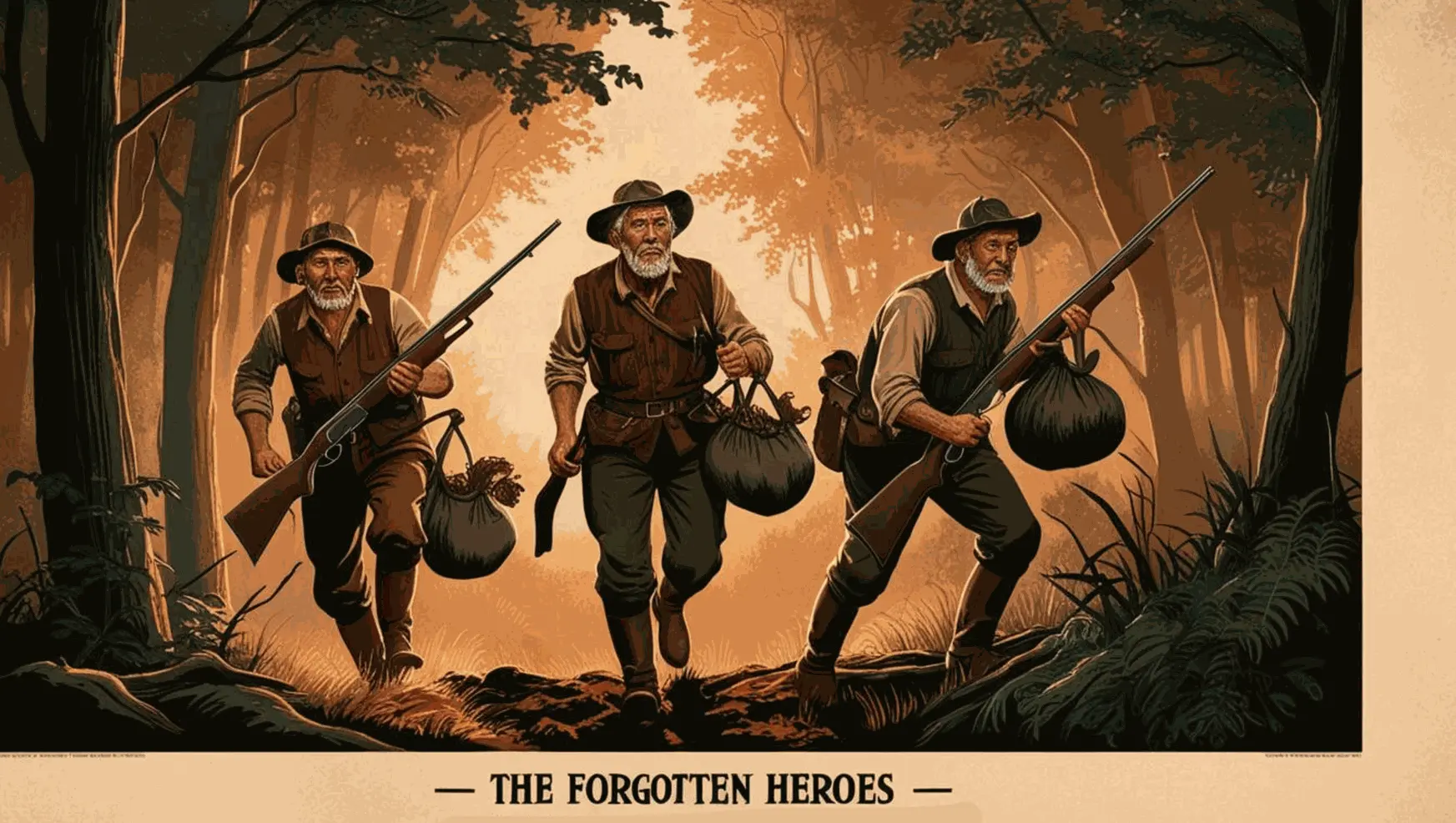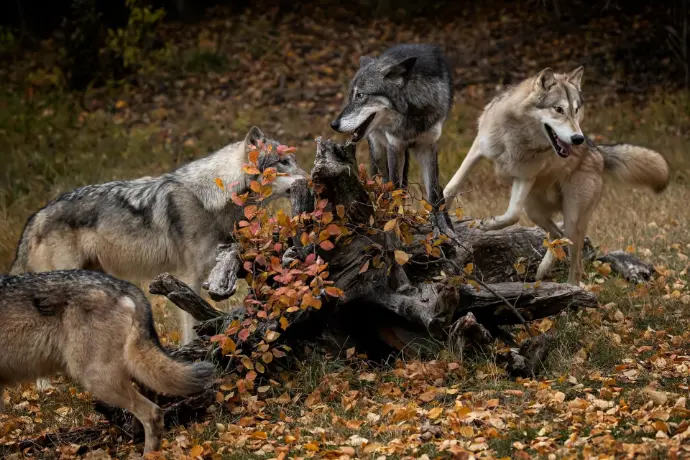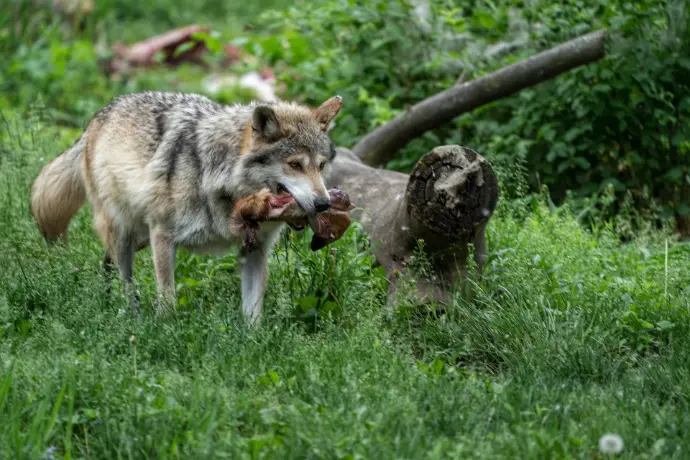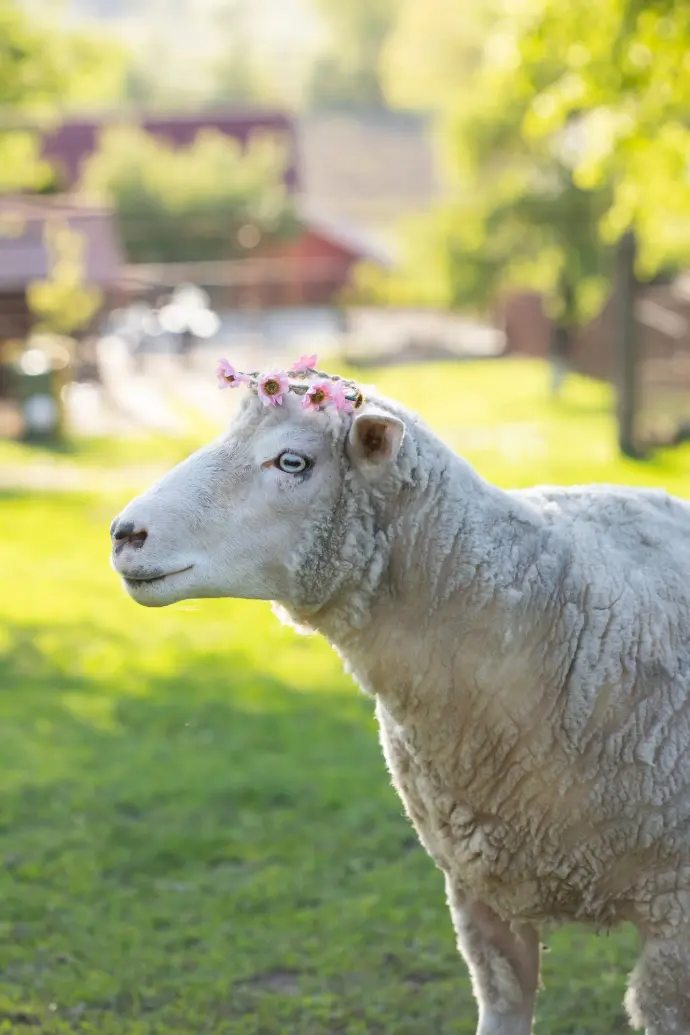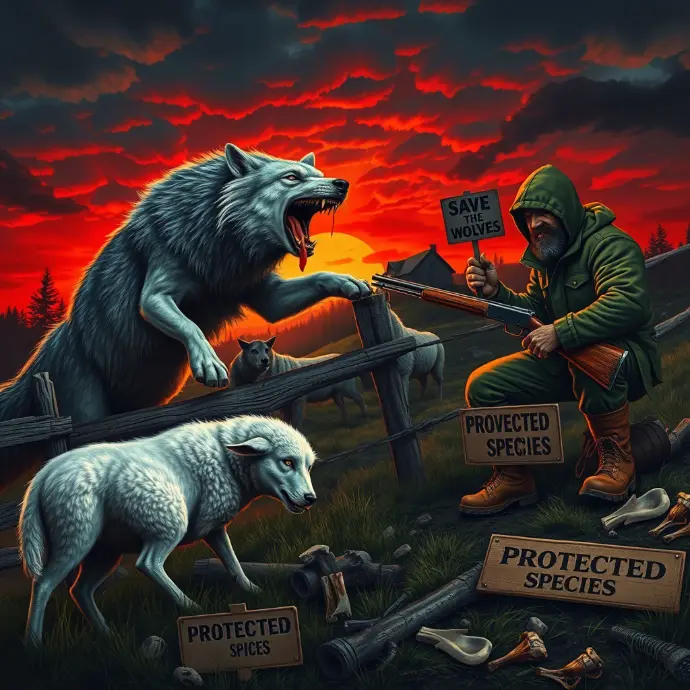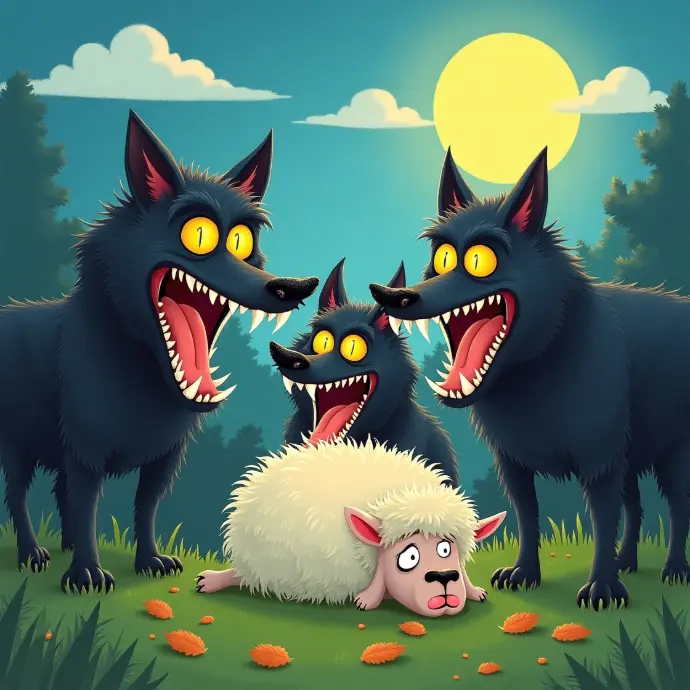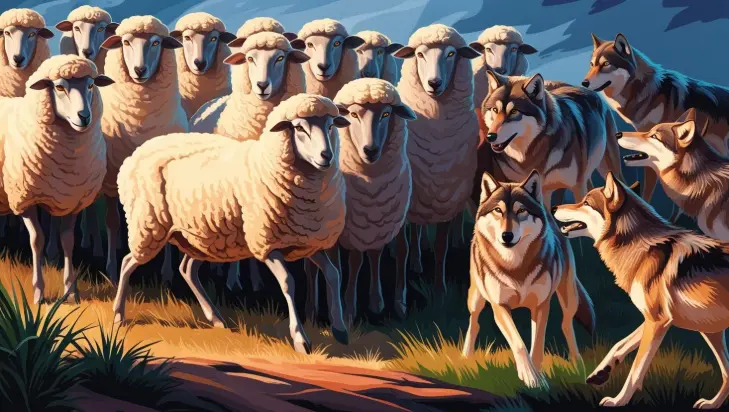The Wolves’ Curse:
How Environmentalists Revived a Medieval Menace—and Why Hunters Must End It
Wolves !!
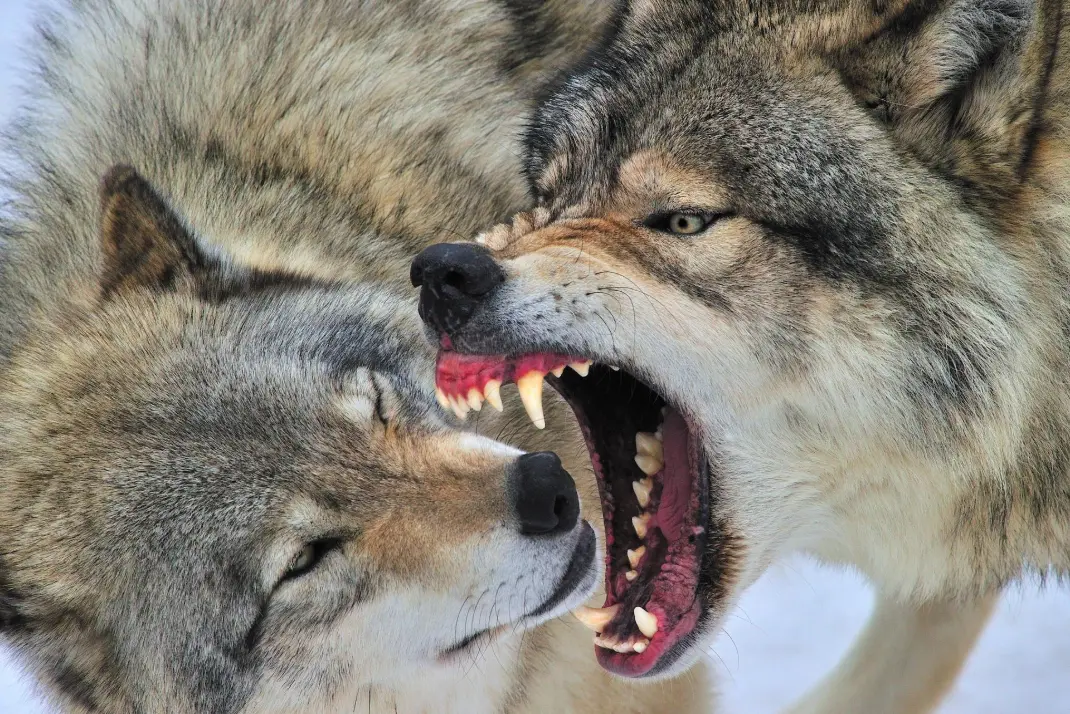
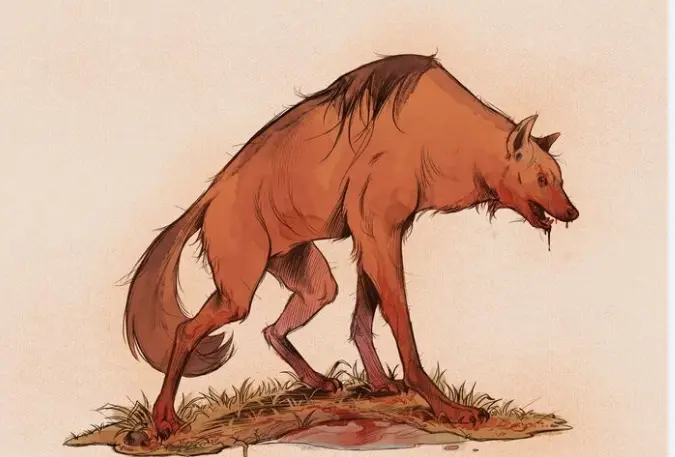
Wolves — A Legacy of Destruction
Wolves have never been symbols of harmony. For millennia, they were reviled as threats to survival:
- Medieval Europe : Wolves routinely attacked livestock and children. In England, bounties on wolves began under King Edward I (1285) and lasted until the species was eradicated by 1500.
- American Frontier : Settlers in the 1800s saw wolves as existential threats. Between 1900 and 1970, U.S. government campaigns exterminated over 100,000 wolves to protect farms and ranches.
- Livestock Carnage : In 2023, French shepherds reported wolves killing 30,000 sheep —a 300% increase since wolf reintroduction policies began.
Environmentalists call wolves “keystone species,” but history tells another tale: predators thrive when humans let them. And when they do, blood follows.
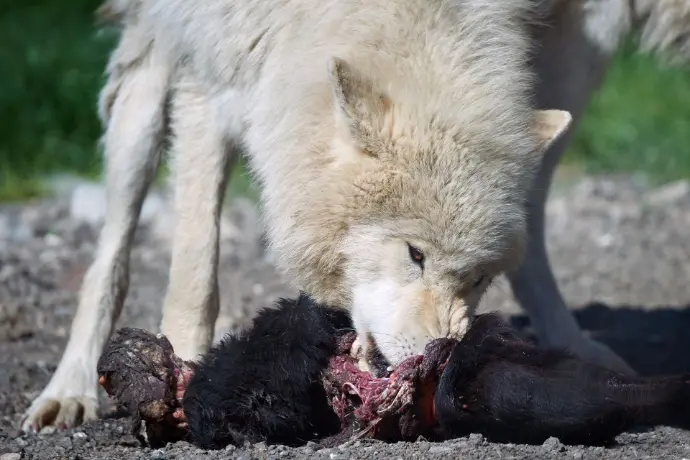
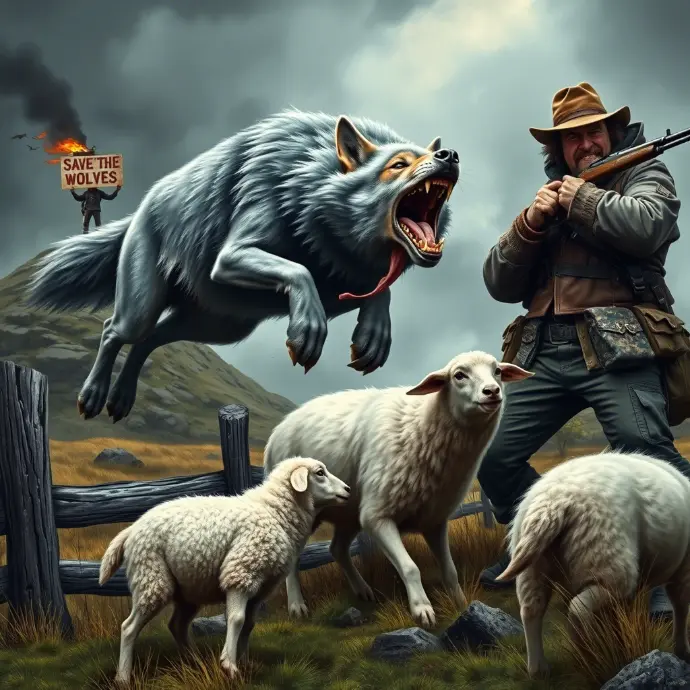
The Environmentalist Betrayal
Modern environmentalists romanticize wolves as symbols of wilderness, ignoring their darker reality. Their agenda? Rewilding. Their weapon? Policy.
- Yellowstone’s False Dawn : In 1995, 41 Canadian wolves were released into Yellowstone National Park. Initially hailed as an ecological “miracle,” the program backfired. Elk herds collapsed, triggering starvation among wolves. By 2020, packs began attacking cattle on nearby ranches.
- EU’s Wolf Protection Laws : The EU’s Habitats Directive (1992) made it nearly illegal to kill wolves. Result? Wolf populations surged, and livestock losses soared in Germany, France, and Italy. Farmers now call the law “the butcher’s charter.”
- Distemper’s Return : With wolf numbers exploding, disease spreads faster. A 2021 distemper outbreak in Spain killed hundreds of wolves—and infected domestic dogs. Environmentalists demanded “non-lethal solutions.” Hunters watched helplessly as wolves ravaged farms.
The truth? Environmentalists don’t live on the frontlines. Hunters and farmers do.
Distemper’s New Plague — Wolves as Disease Vectors
Canine distemper virus (CDV) is no ordinary disease. It’s a death sentence for carnivores, causing seizures, pneumonia, and agonizing paralysis. And wolves? They’re spreading it like medieval rats.
- How It Starts : Foxes contract CDV first, staggering into villages, coughing blood. Wolves prey on them, get infected, then wander into farms, too weak to hunt deer.
- The Human Cost : In 2022, a distemper outbreak in Poland killed 500 foxes, 200 wolves, and 1,200 domestic dogs. Vaccines exist—but environmentalists blocked culls, calling them “barbaric.”
- Hunters’ Dilemma : Tracking diseased wolves risks infecting hunting dogs. But inaction is worse: infected wolves spread the virus to raccoons, badgers, and even big cats.
This isn’t conservation. It’s negligence.
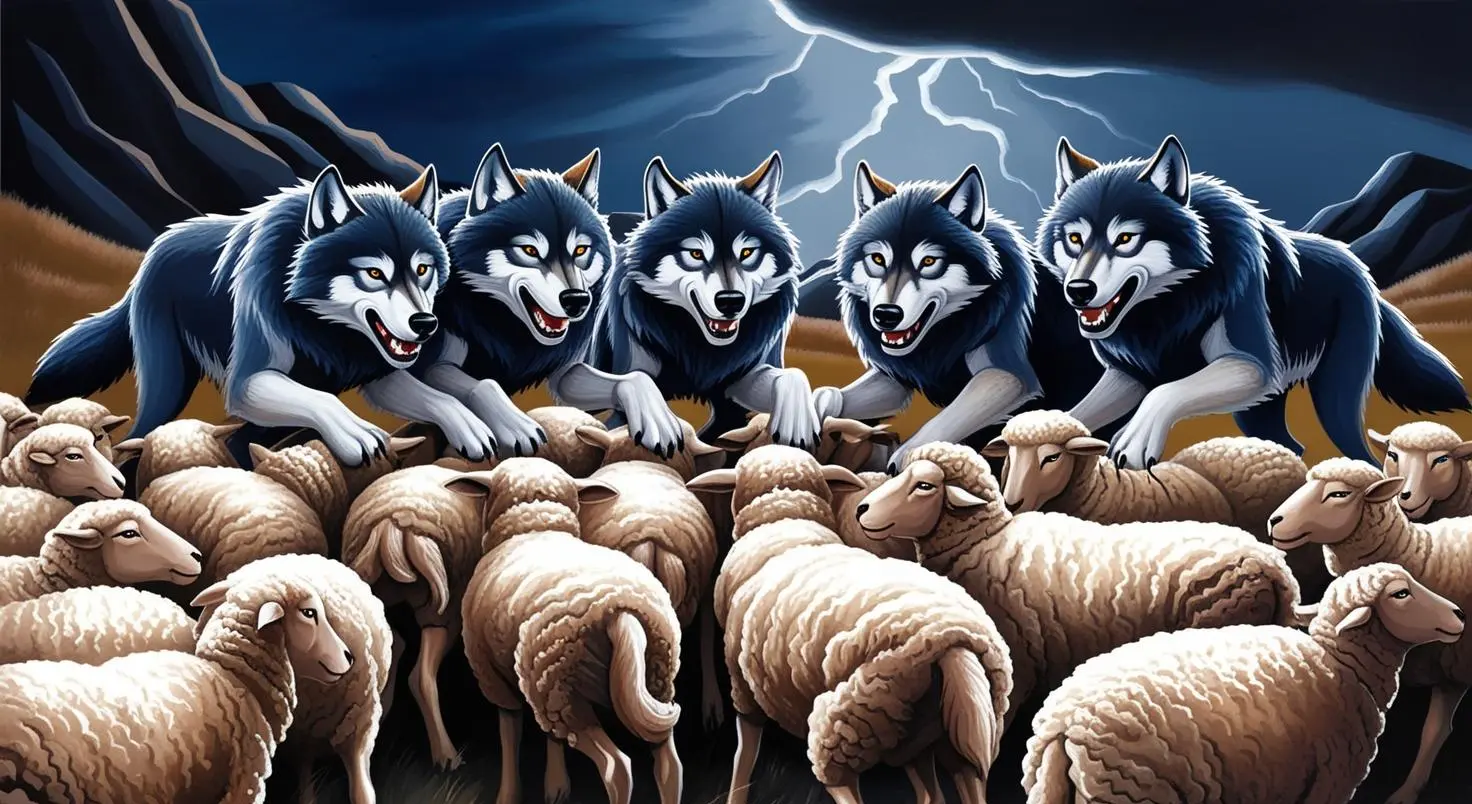
Hunters — The Forgotten Heroes
While environmentalists tweet about “biodiversity,” hunters are the ones facing wolves in the dark.
- Spain’s Wolf War : In 2020, Spanish hunters lobbied to cull 500 wolves after distemper killed 10% of their packs. Environmentalists sued, claiming “ecocide.” Result? The virus spread to Portugal, infecting farm dogs.
- Germany’s Compromise : After farmers protested wolf attacks, the government allowed culling 5% of the population annually. Livestock losses dropped by 40% in two years.
- The Moral Imperative : Diseased wolves suffer gruesome deaths. A swift bullet is mercy compared to seizures and starvation. Hunters aren’t villains—they’re executioners of necessity.
